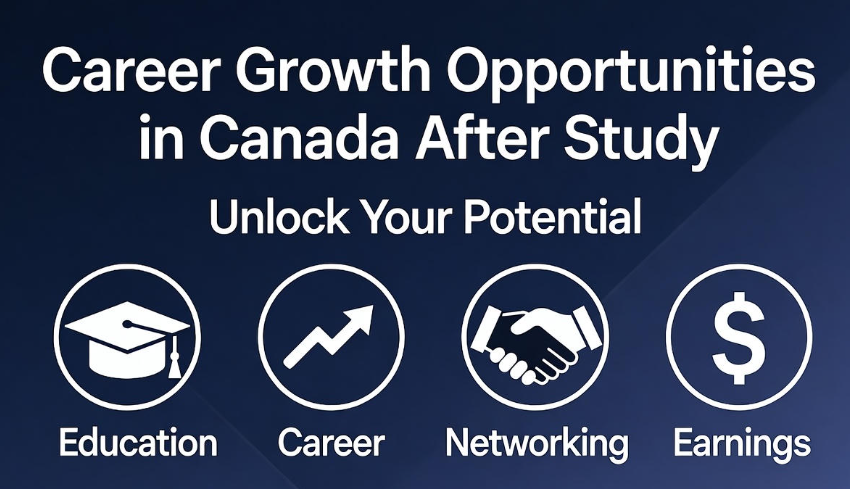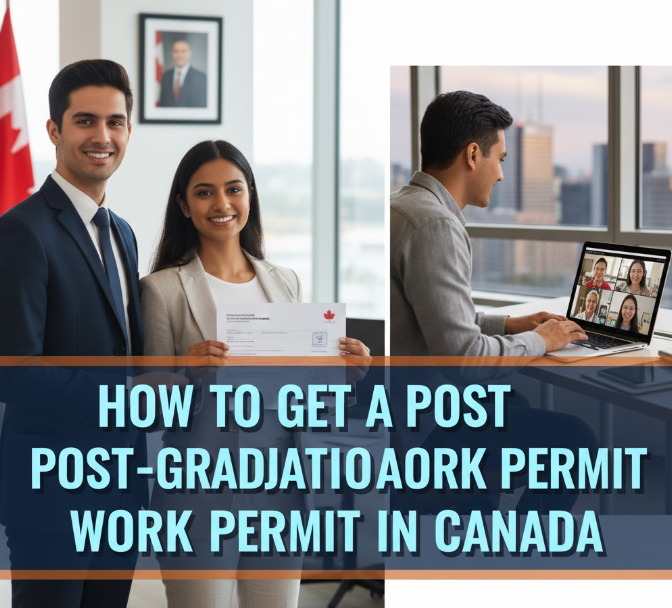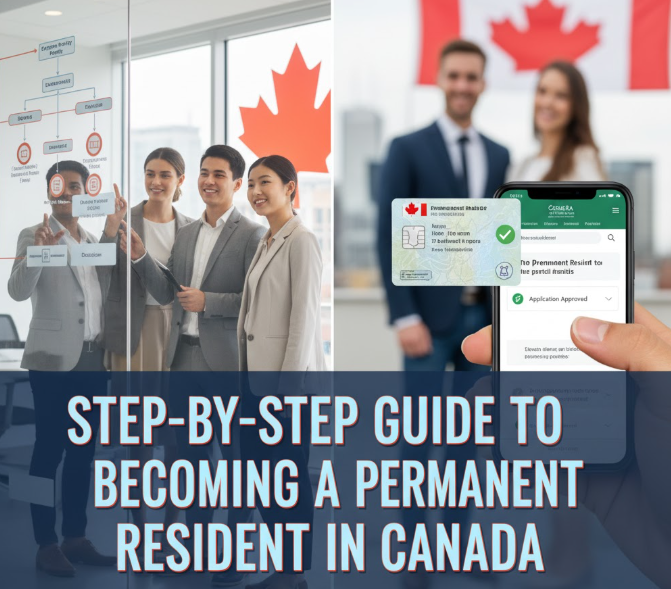Understanding the End of Your Student Visa
Finishing your studies is an exciting time, but it also brings a lot of uncertainty. When your student visa ends, you are no longer legally allowed to stay in the country as a student. This doesn’t mean your journey ends here; it’s just a transition to the next phase of your life. Whether you’re thinking about work, further studies, or returning home, planning ahead is crucial. Many students find themselves stressed because they didn’t prepare early. The key is to start planning at least six months before your visa expires.
Evaluate Your Current Situation
Take a step back and honestly assess where you are. Ask yourself: What skills have I gained? What connections have I made? What job opportunities are available in my field? Understanding your current situation helps you make realistic decisions. For example, if you’ve studied engineering but have no internships, you may need additional certifications or short courses to increase employability.
Explore Work Options After Your Visa
Many countries offer post-study work visas. For instance, Canada has the Post-Graduation Work Permit (PGWP), and Australia has the Temporary Graduate Visa (subclass 485). These programs allow graduates to stay and work for a certain period. If your country offers this, research the eligibility carefully. Don’t wait until your visa ends to apply—it may take months to get approval.
Start Networking Early
Networking is one of the most overlooked strategies for life after a student visa. Connect with alumni, attend job fairs, and engage with professional groups on LinkedIn. Sometimes, it’s not what you know but who you know that opens doors. Even small connections, like professors or classmates, can lead to internships or job opportunities.
Develop a Financial Plan
Transitioning from a student visa to work or another visa can affect your finances. Create a simple budget that includes rent, food, transportation, and savings for emergencies. If you plan to stay in the country, factor in visa application fees, health insurance, and relocation costs if you change cities. A financial plan reduces stress and prevents last-minute panic.
Upgrade Your Skills
Employers today want more than a degree. Soft skills like communication, leadership, and adaptability are crucial. Additionally, technical skills or certifications in your field can give you a competitive edge. For example:
| Field | Recommended Skills/Certifications |
|---|---|
| IT/Software | Python, Java, AWS, Cloud Computing |
| Business/Finance | CPA, CFA, Digital Marketing, Excel Advanced |
| Engineering | Project Management, AutoCAD, Lean Six Sigma |
| Healthcare | CPR Certification, Data Analytics, Specialized Training |
Investing in skill upgrades now can make your transition smoother and more rewarding.
Consider Your Long-Term Goals
Don’t just focus on the immediate future. Ask yourself: Where do I see myself in 5 years? Do I want permanent residency, to start a business, or return home with international experience? Your long-term vision affects your short-term decisions. For example, if you want to stay permanently in your study country, you may need to focus on job sectors that are in high demand.
Prepare for Job Applications
Start working on your resume, cover letter, and interview skills. Tailor your documents to each job and practice common interview questions. Remember, employers value experience, even small internships or volunteer work. Highlight your achievements clearly and concisely.
Legal and Visa Considerations
Understanding the legal aspects is crucial. Don’t overstay your visa—it can create serious issues for future travel or work applications. Research other visa options early. Some countries allow you to transition from a student visa to a skilled worker visa, entrepreneur visa, or family visa. Keep all your documents organized, including transcripts, recommendation letters, and financial statements.
Mental and Emotional Preparation
Life after a student visa can be stressful. You may feel uncertain, anxious, or even lonely. Prepare mentally by setting realistic expectations, practicing self-care, and building a support system. Talk to friends, family, or a career counselor about your options. Remember, it’s normal to feel nervous, but being proactive reduces stress.

Alternative Paths if Work Isn’t Immediate
Sometimes, things don’t go as planned. You may not find a job immediately, or your work visa may be delayed. Have a backup plan:
-
Freelancing or remote work
-
Short-term courses to upgrade skills
-
Volunteering to gain local experience
These activities not only keep you busy but also enhance your resume.
-
Wondering how much studying in Canada really costs? Here’s the complete cost breakdown for international students — Find out here
Timeline Checklist for Life After Student Visa
| Time Before Visa Expiry | Tasks |
|---|---|
| 6-12 months | Research post-study visa options, networking, skill upgrades |
| 3-6 months | Apply for work visas, update resume, attend job fairs |
| 1-3 months | Financial planning, finalize documents, interview preparation |
| Last month | Confirm visa status, secure accommodation/job, emotional preparation |
FAQs
Q1: Can I stay in the country after my student visa ends without a job?
No. Staying without legal status can create serious problems. Always explore work or other visa options before your student visa expires.
Q2: How can I improve my chances of getting a post-study work visa?
Gain relevant work experience during your studies, maintain good academic standing, and build a strong network. Also, research the eligibility criteria of your country’s post-study work programs.
Q3: What if I want to return home after my studies?
Returning home is also a valid option. Focus on preparing a strong resume, gather references, and leverage your international experience to find competitive jobs in your home country.
Q4: Is networking really that important?
Absolutely. Many jobs are filled through connections. Even if you have excellent qualifications, a strong professional network can open doors faster than cold applications.
Q5: How do I manage finances if I have no immediate job after my student visa?
Plan early. Save during your studies, budget strictly, and consider freelancing or part-time opportunities that comply with visa rules.
Conclusion
Preparing for life after your student visa ends is not just about paperwork—it’s about planning your future. By understanding your situation, exploring work options, upgrading skills, networking, and having a financial and legal plan, you can make this transition smooth. Life after a student visa may seem uncertain, but with careful planning and proactive steps, it can be a launchpad for your career and personal growth.




